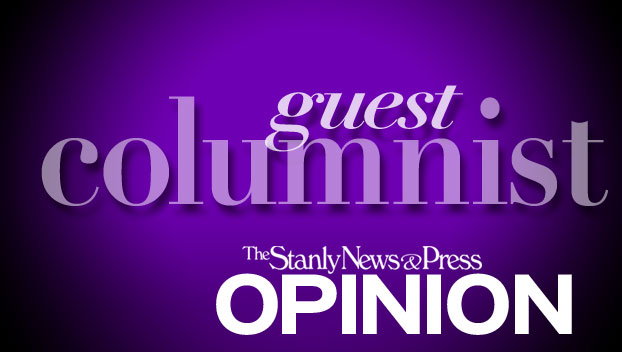
Z - Newsletter Opinion
JOHN HOOD COLUMN: Imperial City loses on mandates
On Sept. 15, I wrote a column responding to President Joe Biden’s announcement of a new federal mandate ... Read more

On Sept. 15, I wrote a column responding to President Joe Biden’s announcement of a new federal mandate ... Read more